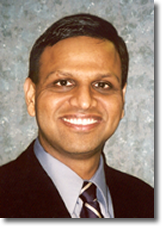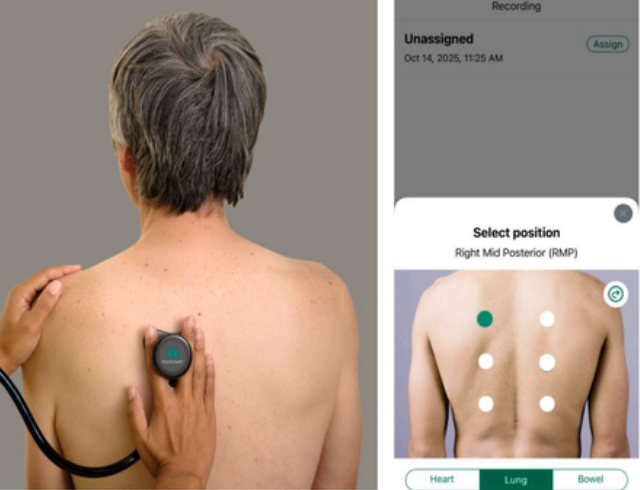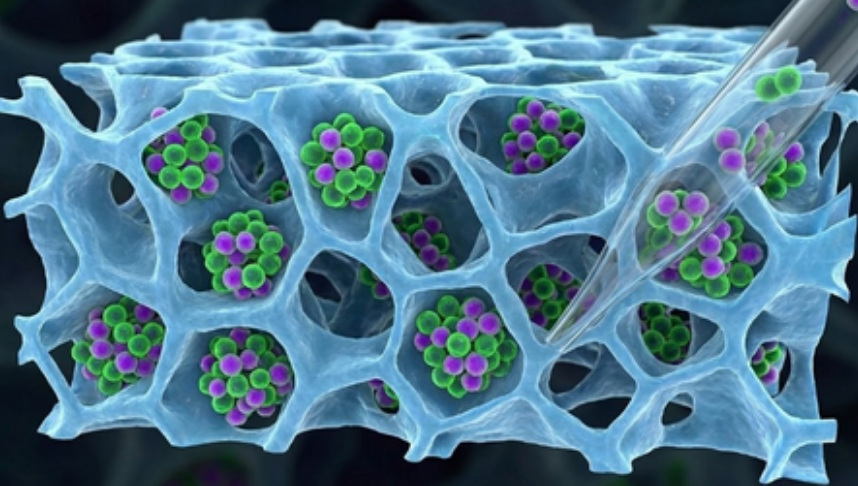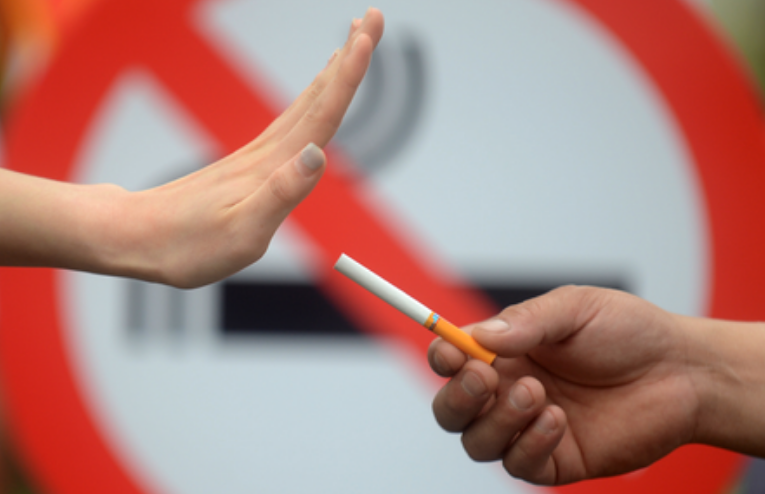Men’s Health: Erectile Dysfunction: Causes and Treatment Options
 By Dr. Alok Gupta, MD
By Dr. Alok Gupta, MD
INDIA New England Health Columnist
Erectile Dysfunction (ED) is the inability to get or maintain an erection adequate for sexual performance. It is a condition that becomes more common as men age. 50% of men over age 40 may be affected by this condition which can lead to significant personal and relationship stress. Erection involves a complex interaction of the nervous system, hormones and blood vessels. Due to the complex process it may be difficult to tease out the exact cause of the dysfunction. Depression, performance anxiety, and conditions such as diabetes, high cholesterol, cardiovascular disease, sleep apnea, prostate cancer treatment and some medications must be considered when assessing the cause of ED. In fact, ED can be the first symptom in some of these conditions.
Many men may have short term difficulties with arousal or erection due to stressors such as marital discord or job loss, when the dysfunction causes significant emotional stress or lasts longer than 6 months a visit to your primary care provider is in order. The patient should be ready for a thorough examination including medication and supplement review, as well as blood work to check for high cholesterol and diabetes, some patients may also benefit from blood work for some hormones. Of all ED causes, roughly 50% is due to blood vessel damage, including cholesterol build up in the arteries supplying blood to the penis, high blood pressure and damage caused by radiation of the pelvis or prostate related to prostate cancer treatment. Patients with diabetes are at increased risk for ED, with 50% of males with diabetes developing the problem.
Treatment of ED is largely dependent on the suspected cause. Medication adjustment may be necessary, as well as counseling for depression, marital discord and performance anxiety. Lowering cholesterol, controlling blood sugar levels, and modifying other risk factors such as smoking and inactivity can improve sexually function and help prevent worsening of the disorder. Oral medications for ED, such as Viagra, Cialis and others, are the initial treatment for ED and are available for use on an as needed or daily basis. This option is acceptable for those patients that do not have serious heart disease and do not experience chest pain with physical exercise or use nitrates (such as nitroglycerin, a common medication used for angina). While these medications are usually well tolerated, risks may include headache, nausea, insomnia and prolonged erections. If oral medications do not work, patients may be referred to urology (specialists for urinary tract and genitalia) for further evaluation and specialized therapies including penile injection, intraurethral pellets, vacuum devices that draw blood into the penis and constriction devices that prevent its escape. Various surgical procedures are also available.
With advances in treatment and changing attitudes regarding this condition, erectile dysfunction has become a very treatable condition for most men. We urge patients with symptoms of this condition to talk openly and honestly with their health care providers.
For more information please visit:
The American Urological Association
www.urologyhealth.org/urologic-conditions/erectile-dysfunction
Sexual Medicine Society of North America
www.sexhealthmatters.org/erectile-dysfunction
(Dr. Alok Gupta is Board Certified in Internal Medicine. He was trained at Salem Hospital, Salem, MA. At present, he is Visiting Assistant Professor of Medicine, Instructional Facility, University of Virginia, Charlottesville, VA. He is in private practice in Gainesville, VA. His website is www.alokguptamd.com )
PS: For any medical issues, please consult your own doctor.





